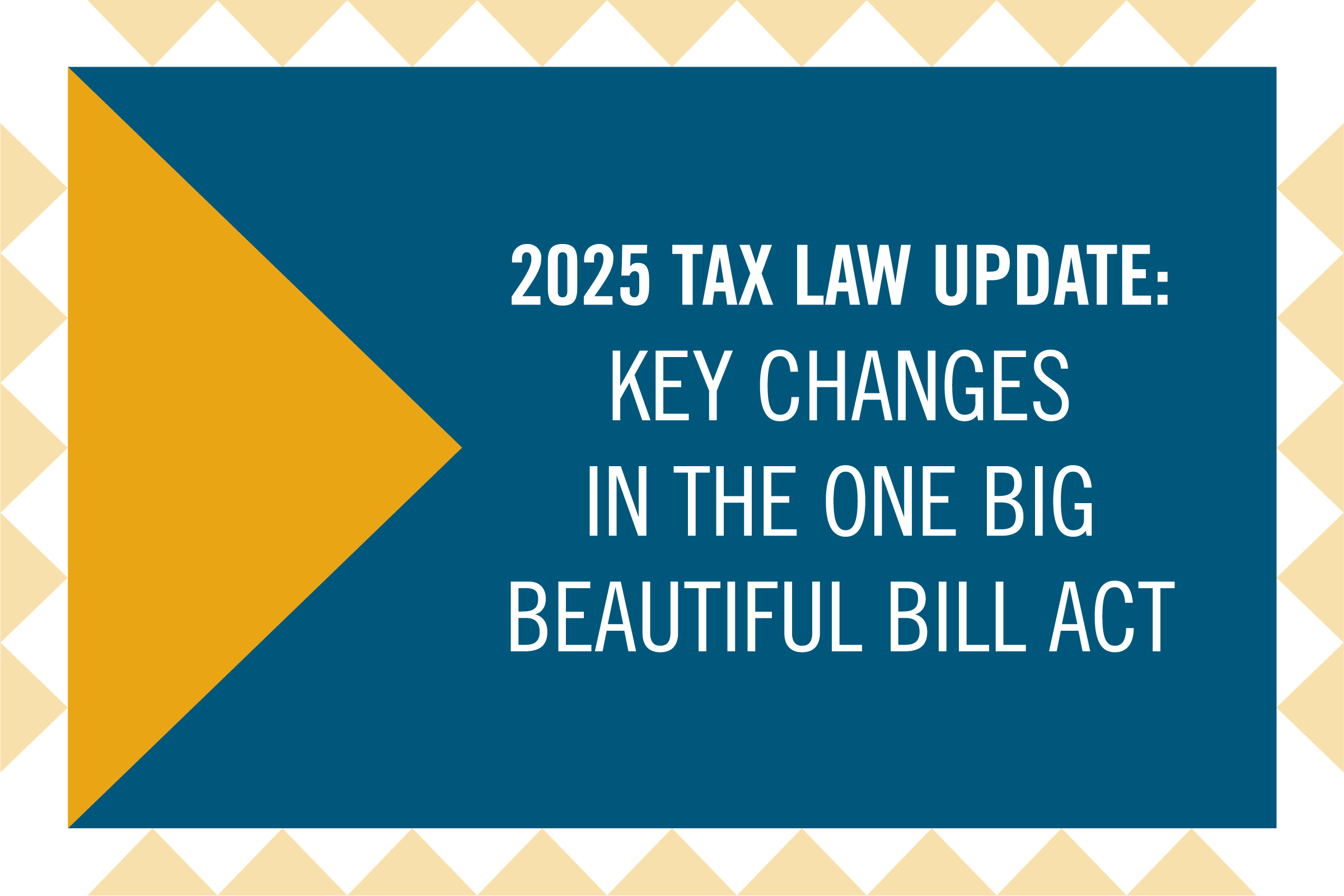Lending Money to Family? Be Sure to Stay on the Right Side of the IRS
Jan 7, 2021
In times of need, family steps up. It’s just what you do. But beware: While loaning money to family might seem like a good idea, if not properly executed, an intrafamily loan can lead to unexpected taxable income, gift tax, or both.
Here are five tips to help avoid any unwelcome tax surprises:
Document everything. Basically, you need to be able to show that you intend the money to be a loan and not a gift. Make your intentions clear — and help avoid loan-related misunderstandings — by recording the loan payments received. Also make sure you keep track of the following:
- The amount and terms of the debt
- Interest charged
- Fixed repayment schedules
- Collateral
- Demands for repayment
- The borrower’s solvency at the time of the loan
Start collecting payments. Even if you think you may eventually forgive the loan, ensure the borrower makes at least a few payments. By having some repayment history, you’ll make it harder for the IRS to argue that the loan was really an outright gift. Consider this: If you’re audited, and the borrower has no realistic chance of repaying the loan, the IRS is sure to treat such a loan as a gift.
Charge interest if the loan exceeds $10,000. If you lend more than $10,000 to a relative, charge at least the applicable federal interest rate (AFR) — and be aware that the interest will be taxable income to you. If you charge no interest or below-AFR interest, taxable interest is calculated under the complicated below-market-rate loan rules. In addition, all the forgone interest over the term of the loan may have to be treated as a gift, increasing your chances of having to use some of your lifetime exemption.
Use the annual gift tax exclusion. If you want to make a large financial gift and not use up any of your lifetime gift and estate tax exemption, you can make a loan (with interest) and then forgive the interest, the principal payments, or both, each year under the annual gift tax exclusion. For 2021, you can forgive up to $15,000 per borrower ($30,000 if your spouse joins in the gift) without paying gift taxes or using any of your lifetime exemption. (These amounts are the same as in 2020.) But you will still have interest income in the year of forgiveness.
Forgive (don’t forget). If it becomes clear that you will never collect the balance of an intrafamily loan, don’t let it sit too long. To prove this was a legitimate loan that soured, you’ll need to take appropriate legal steps toward collection. If you know you’ll never collect and don’t want to file suit, begin forgiving the loan using the annual gift tax exclusion, if possible.
Turn to Professional Advisors
Loaning money to family can be a delicate matter. If you’re considering ways to help out a family member financially, talk it through with your CRI advisor first. We’re always here to help.
















































































































































































































































































































































































































































































































